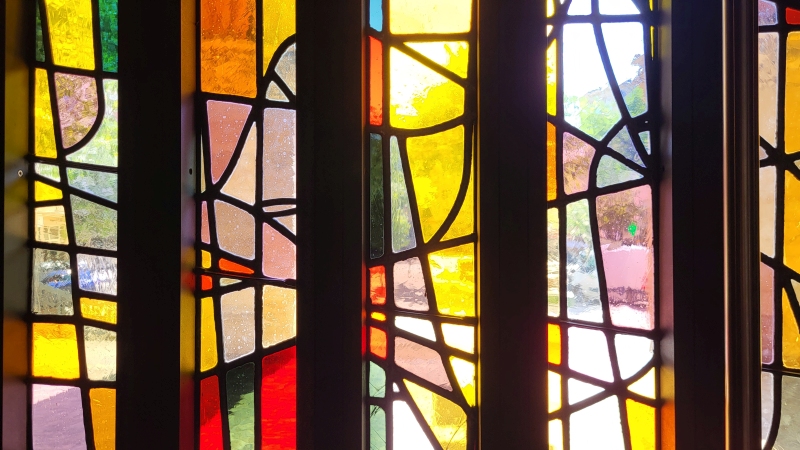The ultimate way to learn is to be curious and find oneself able to experience our curiosity.
But curiosity is a spontaneous energy that requires a sense of security. It gains in presence whenever we are able to move into a thriving sense of being.
Vigilance, which is attention to potential danger, most often signals that, from our perspective, there isn’t enough security. It automatically establishes a priority focused on preventing any possible danger.
It happens at the cost of curiosity. It is automatic.
This connects with learning through the willingness to let go of a need to perform. Whenever there is a need, it often simply manifests the desire for admiration or validation from others.
In contrast to a need, a desire to perform reminds us of the importance of the result we seek to achieve.
At times we notice that our performance isn’t where we’d like it to be. It is when we can notice that changing our current ability to perform can only be achieved through learning.
In such a moment, letting go of the idea of performing creates space for awareness of the multitude of details that don’t correspond to what we believe to be doing. It brings awareness to blind spots. If, in that moment, our automatic reaction to judge ourselves, to compare ourselves with others, or to evaluate what we’ve done steps in, it tells us that we’ve seen a reason to be vigilant. It is our opportunity to let go of whatever message we heard. But it requires us to notice if or that it is safe to let such a message pass. Whenever we can, we also start to become curious about the facts of our experience.
Curiosity is our ability to ask ourselves a simple question: “What is it that we couldn’t see before and has become visible?”
It’s where learning starts and becomes joyful.


